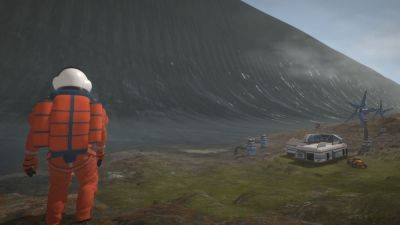Hero coder finds bug in Lunar Lander after 55 years—'I suspect everybody else was just happy to play the game and have fun'
Apollo 11 touched down on the moon's surface on July 20, 1969, an achievement for all humankind that put a full stop on the first iteration of the space race. Neil Armstrong stepped into history as the globe watched and among the millions in awe was 17 year-old schoolboy Jim Storer.
Based in Massachusetts and with a considerable grounding in mathematics, thanks partly to his physicist father, Storer was inspired by the very concept of a moon landing: the precise calculations and control required to safely bring a huge chunk of aluminium to rest on a barren, unfamiliar surface. Storer's school had a PDP-8, the first commercially successful minicomputer, and the young man set about writing a new program called «Lunar Landing Game».
Text-based and written in the early programming language FOCAL, Lunar Landing Game would ask the player for instructions on each turn, with the height, velocity, and remaining fuel of the lander calculated over each in-game second of the descent. Essentially it's a game about using your fuel supply to slow and control the craft's descent, and when the craft reaches the surface the player gets a report on their landing speed and remaining fuel.
The whole game is less than 50 lines of code, but its apparent simplicity belied the calculations underlying the simulation, and over the years the game became widely popular as a programming challenge. Even later, various popular commercial versions would add a visual layer (to give an idea of its longevity, Atari is currently in the process of developing an official sequel).
Software engineer Martin C. Martin has announced in a new blogpost that, while playing around with the original game's code, he found and fixed a bug that's lain dormant over the 55 years since the game was coded (first spotted by Ars Technica). Now retired, Martin's had a stellar career at the likes of Rockstar, Meta, and as a postdoc research fellow at MIT, and is exactly the type of individual who looks at something like







